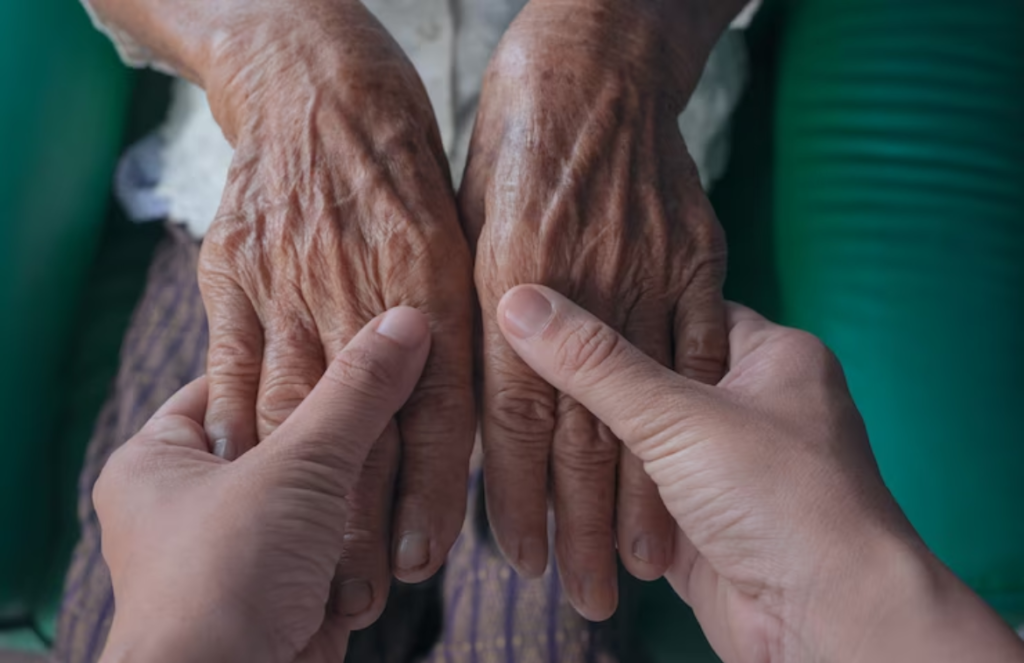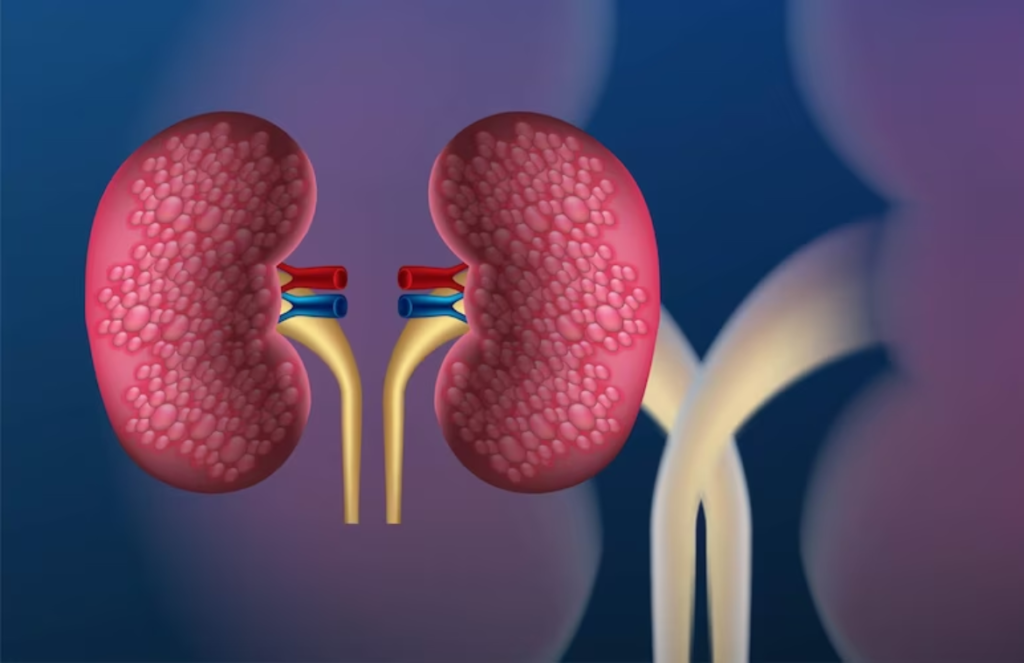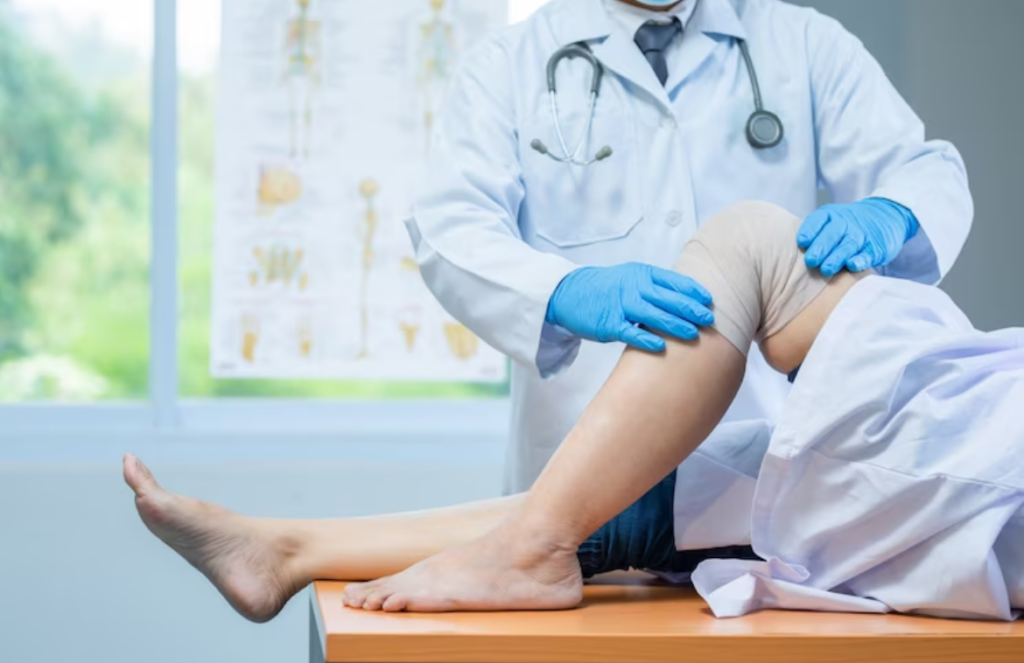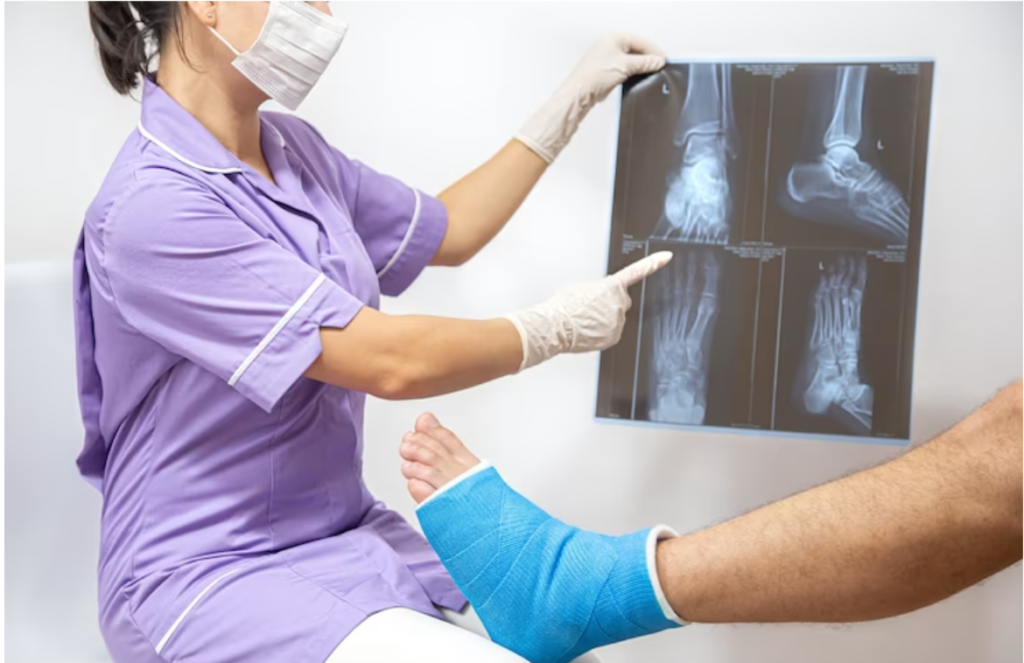Gonorrhea happens to be a sexually transmitted infection (STI) that is caused on account of the bacterium Neisseria gonorrhea. It could indeed lead to long-term health problems as well as infertility in men, but antibiotics can rather cure it and also reduce the chance of complications.
Gonorrhea in men does cause different symptoms. Common symptoms in men include, of course, pain or burning when urinating, discharge from the penis, and also sometimes pain in the testes.
Symptoms & Reports
Contact one’s provider if experiencing new, severe, or even persistent symptoms. Symptoms do start to show up after a week of infection. It can vary from person to person. Few people may not show any symptoms.
The common symptoms of gonorrhea in men include:
- Frequent Urination.
- A pus-like discharge from his penis.
- Swelling or even redness at the opening of the penis.
- Swelling or even pain in the man’s testicles.
- A persistent sore throat.
Common symptoms and their severity as reported by people on
- Anxious mood.
- Fatigue.
- Pain.
- Depressed mood.
- Stress.
Complications
If untreated, it can lead to complications like:
- Pelvic inflammatory disease (PID): If left untreated, women can develop this. It can indeed cause severe damage to female reproductive organs.
- Blockage or even scarring of the fallopian tube can occur, which can affect future pregnancy.
- Scarring in one’s urethra can be present in men.
- A painful abscess can develop in the interior of the penis.
- Newborns can get the infection during delivery.
- Fertilization of an egg outside the uterus can occur, which would result in ectopic pregnancy.
Key facts
- Gonorrhea has been acknowledged as being a preventable and curable sexually transmitted infection that is caused by the bacterium Neisseria gonorrhoeae, which is no doubt primarily transmitted via vaginal, oral, or anal sex.
- It also increases the risk of HIV infection.

Antimicrobial resistance to gonorrhea happens to be a serious and also growing problem, thus rendering several classes of
Analinfections in men can cause
- Discharge.
- Bleeding.
- Itchiness.
- Soreness.
- Painful bowel movement.
- Antibiotics are ineffective with the risk of becoming untreatable.
- Throat infections often have no symptoms. If symptoms occur, they can include redness, pain, and a sore throat.
- Infection with gonorrhea can lead to stigma and also affect personal relationships. These effects are important but, in fact, often not quantifiable.
Treatment
People suffering from gonorrhea need to be treated as soon as possible.
Gonorrhea is indeed treated with antibiotics known as cephalosporins. These do include:
- Ceftriaxone, as is usually given by injection, is the preferred treatment.
- cefixime, which is usually given orally along with another antibiotic, azithromycin, but only when ceftriaxone is not feasible.
People should wait 7 days after taking the medicine before having sex. They should notify their sexual partner(s) to get tested or treated.
Treatments can fail due to:
- Not taking medications as directed.
- Reinfection.
- The bacterium is becoming resistant to the drug.
- Having another untreated infection with similar symptoms.
People faced with gonorrhea need to continue treatment until, of course, the infection is rather cured.
Prevention
Most cases of gonorrhea can be prevented with no doubt by consistent and proper condom use in every sexual encounter. People with gonorrhea should no doubt notify current as well as recent sexual partners to help prevent the spread of the disease. Antibiotic eye ointment is suggested for newborns to prevent gonococcal eye infections.
Conclusion
People with gonorrhea are at increased risk of other STIs, such as chlamydia, syphilis, or human immunodeficiency virus (HIV) infection. Gonorrhea in men should be treated medically.















